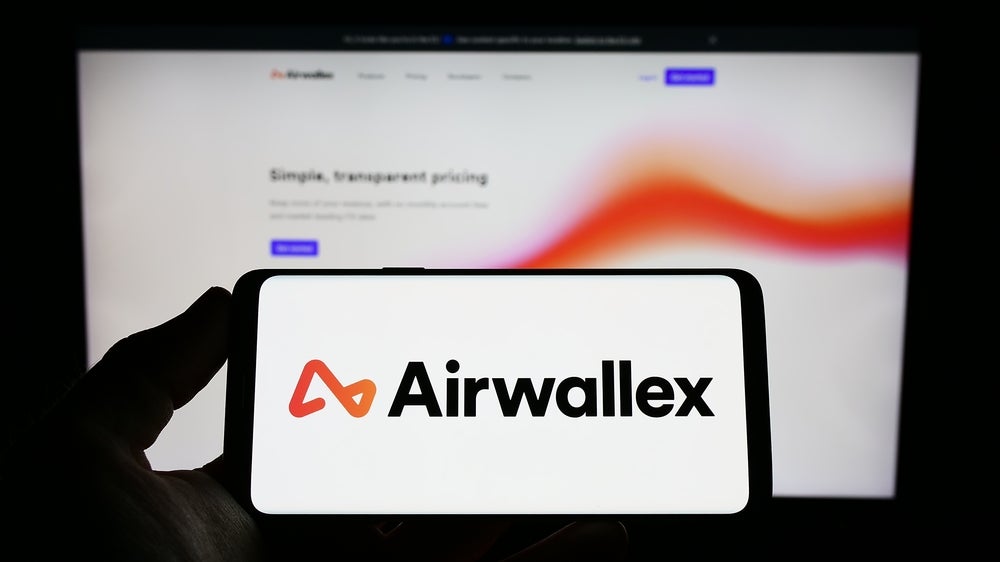
An estimated 14 million UK consumers have used the various buy now pay later (BNPL) offerings in the market. They each come with different payments structures and carry varying levels of complexity. Is this lack of consistency and the lack of BNPL regulation contributing to consumers struggling to manage BNPL debt repayment?
According to research from TotallyMoney, the average BNPL users makes four transactions per month. This results in 12 separate payments for the typical ‘pay in three’ plan.
With payment structures varying between providers, a customer could see the same 4 purchases generate up to 24 separate payments with another leading BNPL firm. This would mean that 52 purchases could generate 312 payments in 12 months.
Buying is easy, but a third struggle to track payments
“A YouGov survey found that a third (34.2%) of BNPL customers had difficulty in keeping track of their payments. Moreover, a quarter (25.2%) lacked confidence in their understanding of buy now pay later,” said TotallyMoney CEO, Alastair Douglas.
BNPL providers offer interest-free, instalment-based payment plans for purchases at checkout when shopping online. One consistent theme across the sector is BNPL providers promising merchants and vendors an increase in sales. This increase in sales helps justify the higher merchant fees, typically around 4% to 6%, that apply to BNPL transactions.
Total UK BNPL debts hit £2.7bn
“It’s estimated that 3.1 million households have outstanding BNPL debts, with a mean balance of £866, a total of £2.7bn.
How well do you really know your competitors?
Access the most comprehensive Company Profiles on the market, powered by GlobalData. Save hours of research. Gain competitive edge.

Thank you!
Your download email will arrive shortly
Not ready to buy yet? Download a free sample
We are confident about the unique quality of our Company Profiles. However, we want you to make the most beneficial decision for your business, so we offer a free sample that you can download by submitting the below form
By GlobalDataMissed payments might not only leave a mark on an individual’s credit file. They can also result in fees charged by BNPL lenders for late payment. People in persistent arrears may be referred to debt collectors. StepChange estimates that one in 10 BNPL borrowers are referred to debt collection agencies, “added Douglas.
With traditional lenders tightening their lending, buy now pay later has, for many consumers, helped plug the gap.
Says Douglas: “Offering interest-free payment plans, split over a set period of weeks or months, BNPL lets customers spread the cost of a purchase without needing to pass any affordability or credit checks. BNPL won’t help a customer grow their credit score. But missed payments can show up on credit files, impacting people’s ability to borrow in future.
But as BNPL is designed to encourage customers to spend more, does it promote responsible use? Or, does splitting payments over a few weeks offer fair value to the 8 in 10 people being paid monthly?
UK government drags its heels on regulating BNPL
“Managing debt repayments can be stressful enough. It’s clear that regularly using BNPL can lead to dozens of transactions every month, making it even harder to manage. And one in three people struggle to keep track of their payments.
“BNPL users are more likely to be younger, renting, and on lower incomes, with reduced financial resilience, and making them more likely to be financially vulnerable. The government has dragged its heels on buy now pay later, having announced its intention to regulate the sector more than three years ago. But as we wait for action, perhaps they just see it as a job for after the next election, or party.”






